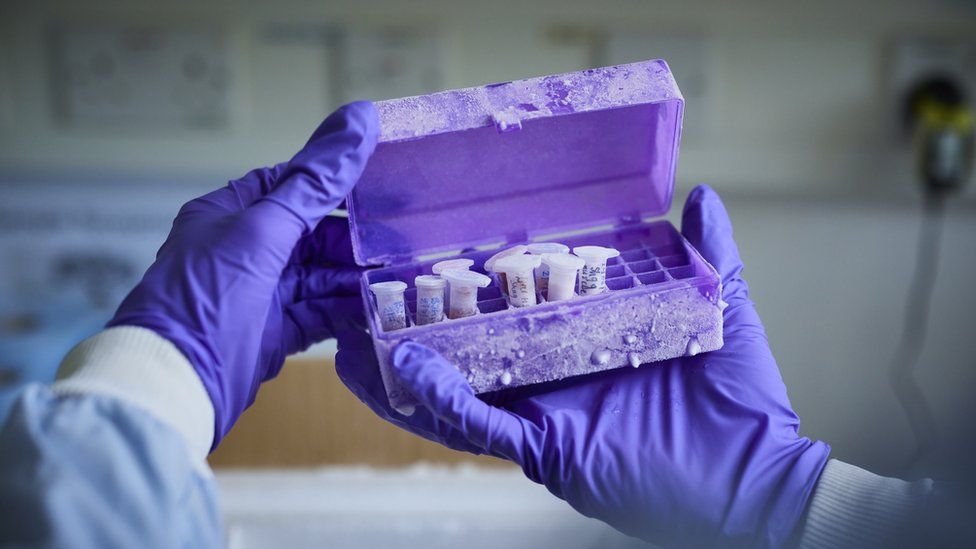Rebecca Morelle, a science editor for the BBC, picked up on the fantastic work being conducted by the scientists as part of the Darwin Tree of Life project. How fantastic is that! We are delighted that the project is being recognised for its ambition and the ground-breaking research that it is hoping to produce.

Credit: David Levene
This project, to sequence over 70,000 species (yes, you heard that right, 70,000!) is ambitious for many reasons. Not least because the goal is to make history by 2030! 8 years from now. Do you think they can do it? What is the species you would like to see sequenced next? Let us know in the comments.
Jamie McGowan, who is part of the Perfect Protists team, has been busy with some pond water. He is set up in the lab, looking through a microscope at a single drop of water. In this single drop, there are numerous single-celled organisms called protists. These organisms are some of the smallest to be sequenced. The job is not an easy one. As Jamie admits: “They’re really hard to identify, because some of them look really similar. And they’re hard to sequence too because they’re starting off with really, really tiny amounts of DNA”.
Rebecca then headed to some rockpools on the Plymouth coastline to meet up with Kes Scott-Somme and Team Marine. Kes highlights the high diversity of species in marine environments and how the secrets of many of these species are still unknown. “Marine environments are incredibly volatile, and so the animals that live here have to be even more adapted to their space than we are. And that means that they have very specific ways of coping with their environment,” says Kes. She confirms that the more we learn about these species, the more it will help us to understand them – and it could also help us too.
Recent Comments
No comments to display